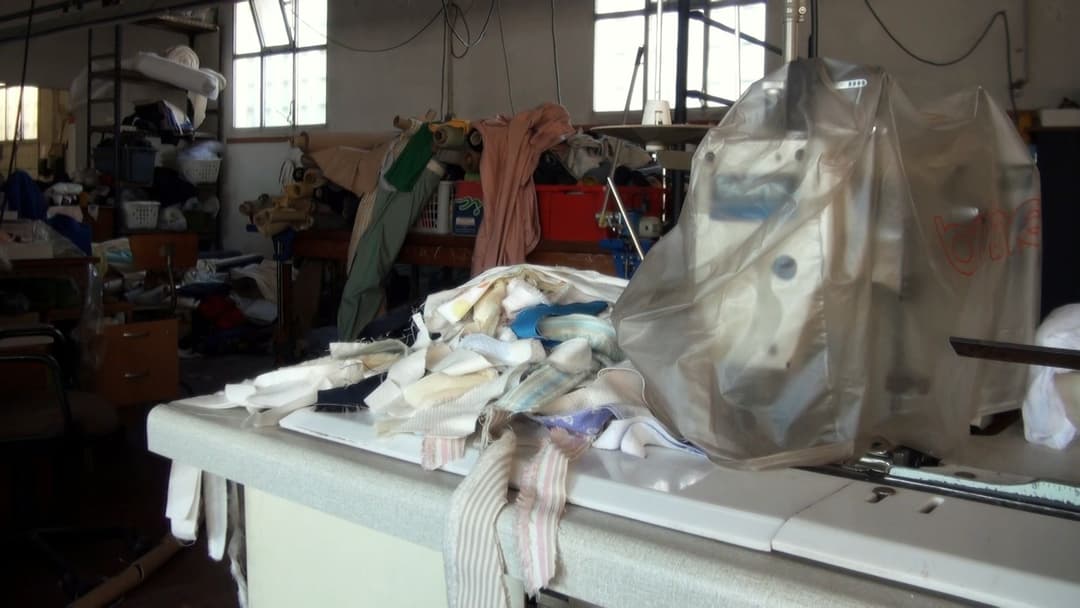
The Compost of Recuperation. Fabricating social ties in the interstices, with Marcos F. Ferreira
Bloomsbury 2020
This chapter develops a framework for understanding the experience of recuperation through political composting – meant to represent a society’s capacity for self-building through practices of public repairing and social bricolage, thus paying attention to the relationship between the medium and the form of recuperation. We argue that recuperation is characterised by a practice of recombination that goes hand in hand with the reconstitution of the public space. Also, we foreground the fact that recuperation might not be accomplished with a single, specific type of intent, but rather it is practiced as a plural way of reinhabiting and reclaiming the public space through situated practices of meaning, place and value-making.
The research focuses on the People’s Assembly of Algés (PAA), established in May of 2013 in the Oeiras district, at Lisbon’s gates. A group of neighbours started to act at a grassroots level with a programme of solidarity and community-rebuilding, aimed at advancing alternative social configurations. We took part in the weekly open gatherings of the People’s Assembly at a public garden in downtown Algés as well as in the activities of the Fabrica de Alternativas (Factory of Alternatives) of Algés, a semi-public space, organised as a common-interest civic association under Portuguese law and functioning at an old, dismantled textile factory in uptown Algés.
Grassroots organisations started establishing interstitial spaces around Lisbon, with pragmatic strategies for the sharing of resources and skills, recycled and put together for collective benefit. These recuperative practices emerged against what was perceived as the assault of new strategies of sociopolitical engineering, insolidarity and resource depletion. They have been conquering spaces of autonomy, which partly replace traditional hierarchical planning and paper over the cracks in the system.
